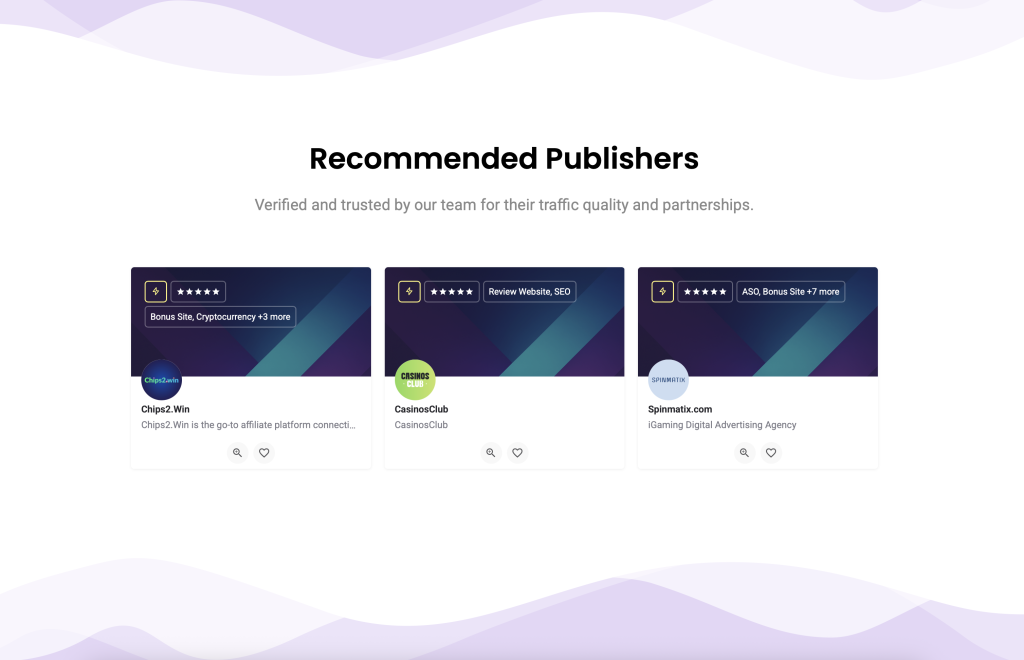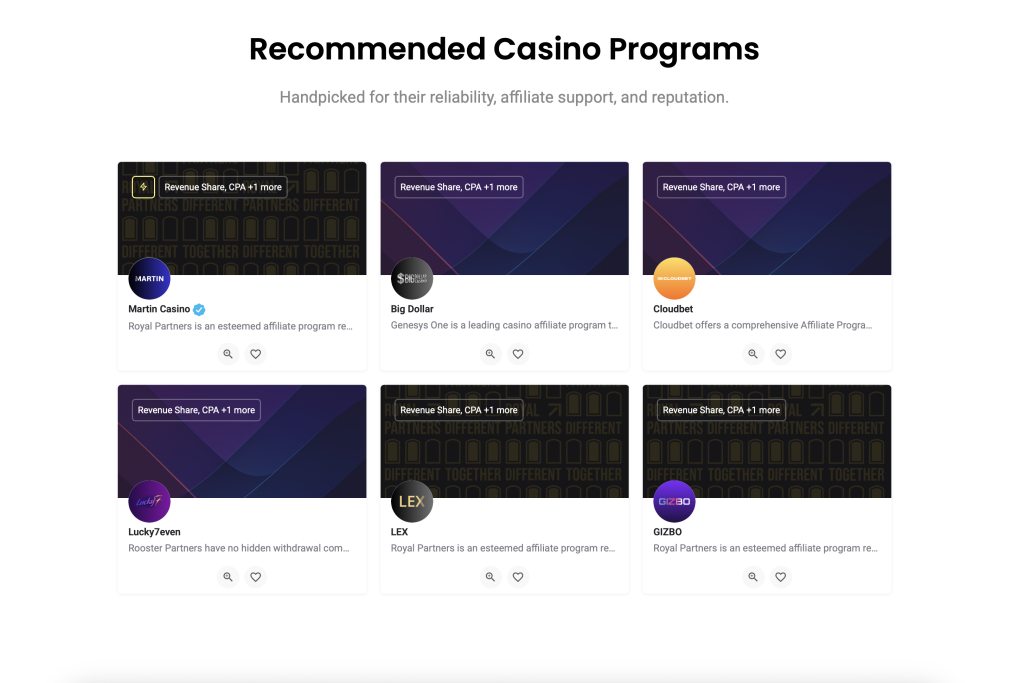Navigating the Brazilian Sports Betting Boom: Strategies for International Operators

Navigating the Brazilian Sports Betting Boom: Strategies for International Operators
In recent years, Brazil has emerged as a hotbed for sports betting, presenting a lucrative opportunity for international operators seeking to expand their foothold in new markets. With a population of over 210 million people and a deep-rooted passion for sports, Brazil offers a fertile ground for the growth of the sports betting industry. However, navigating this burgeoning market comes with its own set of challenges, including regulatory hurdles and cultural considerations.
Understanding the Brazilian Sports Betting Landscape
The legalization of sports betting in Brazil has opened up a plethora of opportunities for both local and international operators. With the potential to generate billions of dollars in revenue, the Brazilian market has become increasingly attractive to operators looking to capitalize on this emerging industry. However, entering the Brazilian market requires a deep understanding of its unique dynamics.
Regulatory Hurdles and Compliance Challenges
One of the primary challenges facing international operators in Brazil is navigating the complex regulatory landscape. While sports betting has been legalized at the federal level, individual states have the authority to regulate and oversee the industry, leading to a patchwork of regulations across the country. This regulatory fragmentation poses a significant challenge for operators seeking to establish a nationwide presence while ensuring compliance with local laws.
Strategies for Success
Despite the regulatory challenges, there are several strategies that international operators can employ to navigate the Brazilian sports betting market successfully:
- Localized Approach: To succeed in Brazil, international operators must adopt a localized approach tailored to the unique preferences and cultural nuances of Brazilian consumers. This includes offering localized payment options, customer support in Portuguese, and marketing campaigns that resonate with Brazilian audiences.
- Partnerships with Local Brands: Collaborating with established local brands can provide international operators with valuable insights into the Brazilian market and help them build trust and credibility with local consumers. By partnering with well-known Brazilian sports teams or media outlets, operators can enhance their brand visibility and reach a wider audience.
- Compliance and Responsible Gaming: Compliance with local regulations and responsible gaming practices are paramount in Brazil’s newly regulated sports betting market. International operators must invest in robust compliance programs and responsible gaming initiatives to ensure the safety and well-being of Brazilian consumers.
- Investment in Technology: Brazil’s sports betting market is highly competitive, requiring international operators to stay ahead of the curve with cutting-edge technology and innovative features. By investing in state-of-the-art betting platforms and mobile applications, operators can provide a seamless and immersive betting experience to Brazilian customers.
Conclusion
The Brazilian sports betting market presents a wealth of opportunities for international operators willing to navigate its regulatory complexities and cultural nuances. By adopting a localized approach, forging strategic partnerships, prioritizing compliance and responsible gaming, and investing in technology, operators can position themselves for success in one of the world’s most promising sports betting markets.
As the industry continues to evolve, international operators must remain agile and adaptable, continually refining their strategies to meet the evolving needs and preferences of Brazilian consumers. With the right approach and commitment to excellence, international operators can thrive in Brazil’s booming sports betting landscape.
Comments
You must be logged in to leave a review.


